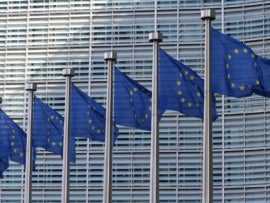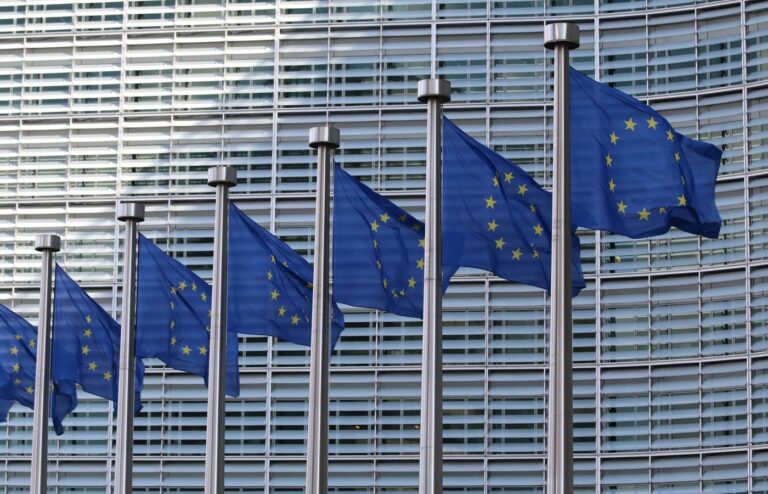
Even 30 days after being hit with a €500 million fine, Apple is still not in compliance with the EU’s antitrust rules. The European Commission has confirmed this with the publication of its full decision, revealing its intention to “impose periodic penalty payments” on Cupertino until satisfied.
Apple has been accused of violating the Digital Markets Act (DMA), which requires that app developers be allowed to freely and easily steer their customers toward purchasing options outside of the App Store, which may be cheaper or otherwise more advantageous. The company was formally charged last summer, making it, along with Meta, one of the first to face enforcement action under the 2022 legislation.
SEE: Apple Receives Guidance from EU on Interoperability Compliance
The DMA aims to promote fairness and competition among digital products and services by enforcing rules on certain influential tech firms, called “gatekeepers.” These firms include Alphabet, Amazon, Apple, ByteDance, Meta, and Microsoft.
How Apple has violated the Digital Markets Act
On Monday, the European Commission released the full text of its April decision imposing the €500 million fine on Apple. The Commission’s original business terms for developers listing apps on the App Store prohibited them from freely directing users to external purchasing options, effectively forcing them to forfeit up to 30% in commission fees on in-app purchases.
In January 2024, just before the deadline for DMA compliance, Apple introduced new business terms that it hoped would satisfy the EU. These allowed app developers to steer users to alternative purchase options through “link-outs,” where an in-app link directs the user to a web page to complete the transaction.
SEE: Apple’s Geo-Blocking Practices Could Violate EU Rules
However, the new terms were not enough. The EU found the requirements regarding the use of link-outs to be too restrictive. Developers must not simply be granted the theoretical ability to steer users, as Apple claimed the DMA requires, but must be able to do so in a way that is practical and effective. Imposing restrictions or fees that discourage steering constitutes non-compliance.
Apple also takes a commission on transactions after linking out, undermining the “free of charge” requirement. Plus, if developers want to use link-outs, they must agree to pay the “Core Technology Fee” for each first app install over a certain threshold, serving as a disincentive. According to the DMA, the entire transaction, from promotion to the actual sale, must be free from Apple’s fee, not just the developer’s ability to mention other purchasing options.
The Commission says the fees relating to link-outs go “beyond the possible remuneration for the initial acquisition of that end user facilitated by Apple.” Apple’s specific business terms for music streaming apps also bear these issues.
Apple’s response
“There is nothing in the 70-page decision released today that justifies the European Commission’s targeted actions against Apple, which threaten the privacy and security of our users in Europe and force us to give away our technology for free,” Apple told 9to5Mac in response to the full decision. Within it, the Commission says that the security and privacy concerns raised by Apple were not substantiated.
“Their decision and unprecedented fine came after the Commission continuously moved the goalposts on compliance, and repeatedly blocked Apple’s months-long efforts to implement a new solution,” Apple went on. Indeed, since early 2024, Apple has allowed EU users to delete pre-installed apps, made changes to the App Store, and rolled out DMA-compliant Apple Intelligence.
“The decision is bad for innovation, bad for competition, bad for our products, and bad for users,” Apple said. “While we appeal, we’ll continue engaging with the Commission to advocate on behalf of our European customers.”
What’s next
The decision orders Apple to cease its non-compliant practices and detail how it intends to align its operations with the DMA. When the fine was issued in April, Apple was given 60 days to comply, with 30 days of that period now remaining. Under the DMA, fines for violations can reach up to 10% of a company’s total global turnover, or up to 20% in cases of repeated infringement.

